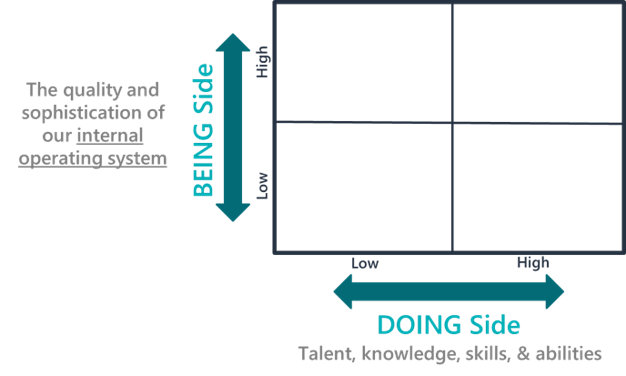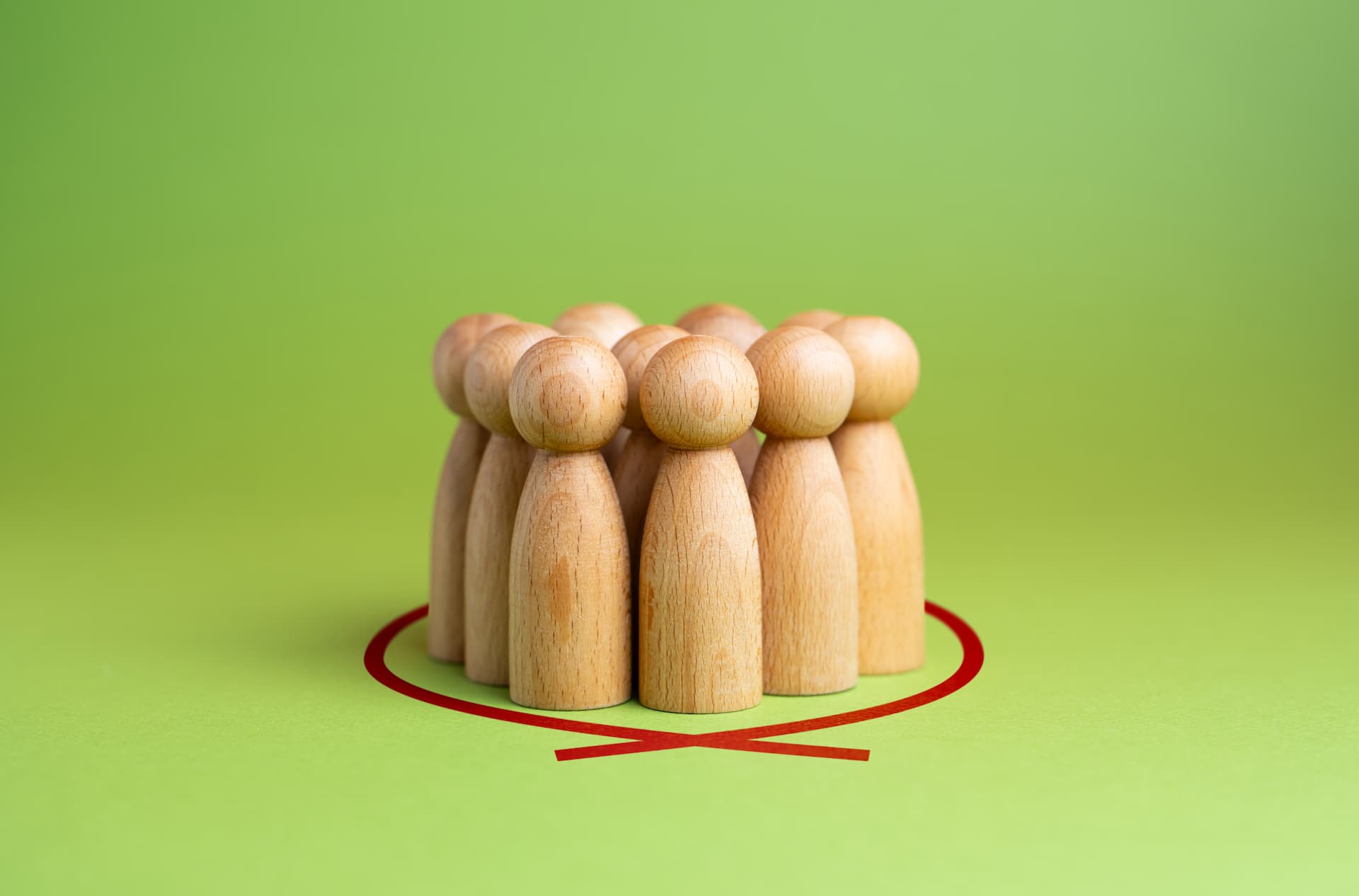“Wisdom is the power to put our time and our knowledge to the proper use.” — Thomas J. Watson
“The foolish man seeks happiness in the distance; the wise grows it under his feet.” —James Oppenheim
I believe that we would all agree that the more wisdom one possesses, the more effectively one can navigate life.
But, what is wisdom, and what does it entail?
What is Wisdom?
Unfortunately, I don’t feel like I have a great definition for wisdom (if you do, chat it below). But, I know how to use ChatGPT.
When I asked ChatGPT what wisdom is, here is the response that I received:
“Wisdom is important because it can help people make good decisions, achieve positive outcomes, and live happy lives. Wisdom is a deep understanding of life, people, and the world, and it comes from experience, knowledge, and reflection. It can help people develop practical habits and skills that can lead to success and fulfillment.”
There is nothing about this that I disagree with. And, in reading it, it makes me wonder how many people are seekers of wisdom? (food for thought)
Something I Believe about Wisdom
While I don’t feel like I am crystal clear about what wisdom is, something that I believe about wisdom is:
- We have two sides of ourselves: A DOING Side (our knowledge, skills, and competencies) and a BEING Side (the degree to which our internal operating system is wired for value creation versus self-protection)
- Wisdom is much more strongly associated with our BEING Side than our DOING Side

In fact, I believe that the more we can understand our BEING Side, the more clarity we will gain about what wisdom entails and how to develop greater wisdom.
For more on the notion of DOING Side/BEING Side, see these articles:
- Getting In Touch with the Quality and Altitude of Your BEING Side
- What is the Quality of Your BEING Side?
- The Most Important Thing You Need to Do to Upgrade Your BEING
What Does Wisdom Entail?
I am definitely not sure of everything that wisdom entails, but being someone who has studied our BEING Side for years, I want to point out several BEING Side characteristics that seem to be essential for wisdom.
Intentionality instead of Reactivity (Width of One’s Window of Tolerance)
Something important to know and understand about our BEING Side is that it is connected to how refined and sophisticated our body’s nervous system is. Some peoples’ nervous systems are wired to be more reactive than others.
When someone is more reactive, they possess a more narrow window of tolerance.
But, the wisest people seem to be people who are able to stay calm, cool, and collected, even in the most stressful situations. They seem to have a wide window of tolerance. And, when people possess a wide window of tolerance, they possess a greater capacity to be intentional as opposed to reactive.
Proper Encoding
I have learned that two different people can see or experience the same thing, but interpret that thing or experience differently.
For example, some people see vulnerability as a sign of weakness, whereas other people see vulnerability as a signal of strength.
The reality is that some people have an internal operating system that is prone to see and interpret safe things as dangerous (failure means that I am a failure) and dangerous things as safe (doing drugs to deal with stress).
The most wise people have an internal operating system that properly encodes their world, such that they can more accurately and consistently see safe things as safe and dangerous things as dangerous.
Be On Stage and On the Balcony
There is a notion in the mindfulness space that suggests that:
- Most people operate as the actor who is on stage. They only possess a perspective that is through the eyes of the actor.
- But, there are some people who not only operate as the actor on stage, but they also have the capacity to view themselves and their surroundings as if they were someone who were on the balcony.
People who possess greater mindfulness have a greater capacity to operate from both the stage and the balcony.
To me, it seems to be impossible to be wise and only operate as the actor on stage. For one to have wisdom, I believe they must have the ability to operate from the position of being “on the balcony.”
Three Necessary Elements of Wisdom
In this article, I have identified three elements that I believe are necessary for one to possess wisdom:
- Wide window of tolerance & greater intentionality
- Proper encoding
- The ability to operate as the actor on stage as well as a person on the balcony
These surely do not capture all of the necessary elements of wisdom, but I think they are a great starting point.
And, they all suggest the same thing: If we want wisdom:
- We won’t gain it by improving along our DOING Side (Our knowledge, skills, and competencies)
- We need to elevate along our BEING Side, which means refining and upgrading our internal operating system (i.e., nervous system) to possess the three necessary elements above
Introspective Questions
What are you doing to elevate in these necessary elements?
What are you doing to help the leaders and people in your organization elevate in these necessary elements?
If you would like to explore helping your leaders and employees in elevating along their BEING Side and developing greater wisdom, let’s connect.











2 Responses
Having spent 30 years as a classroom teacher before moving to the corporate sector, I have always defined wisdom in my classes as follows: Learning is the acquisition of knowledge, while wisdom is the understanding of when and how to apply that knowledge. I believe this definition aligns well with your perspective on wisdom as an aspect of our BEING Side.
My favorite definition is this:
Knowledge is knowing a tomato is a fruit. Wisdom is knowing you should not put it in a fruit salad.